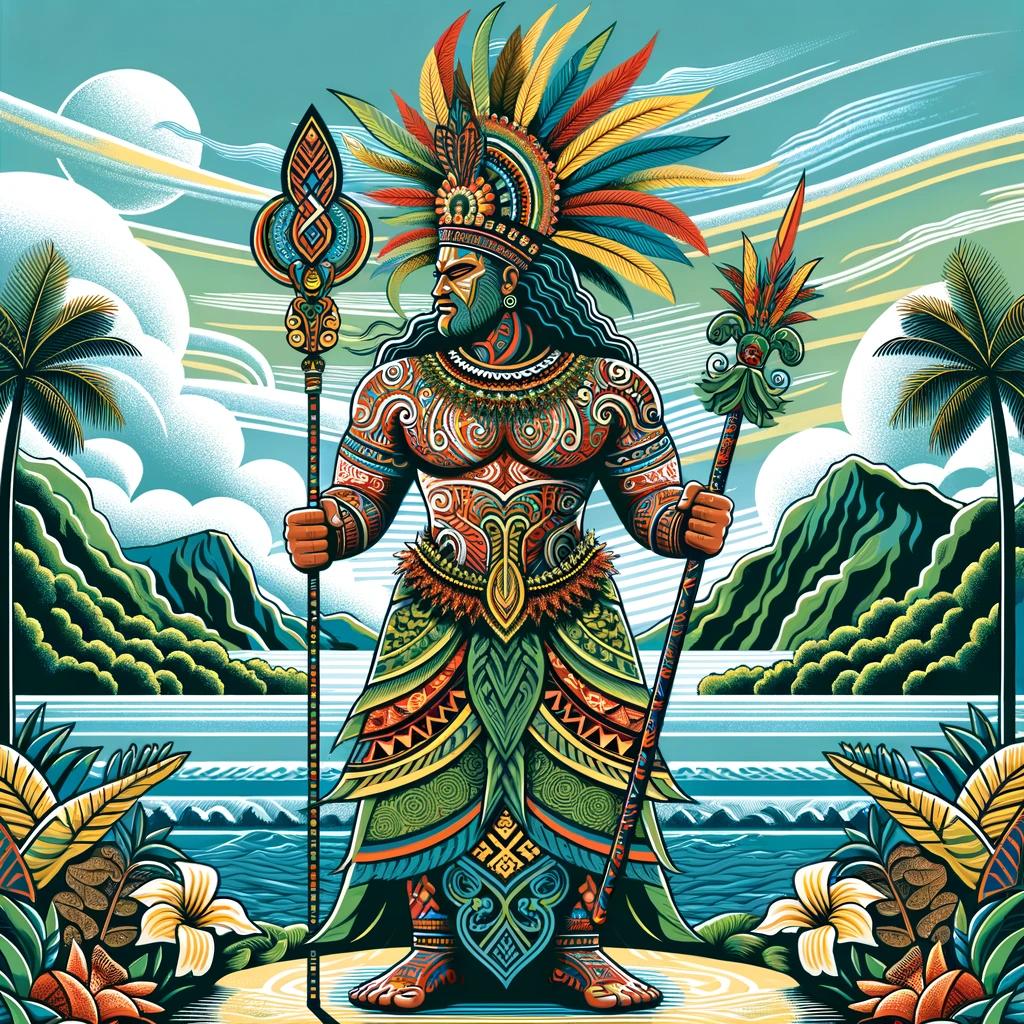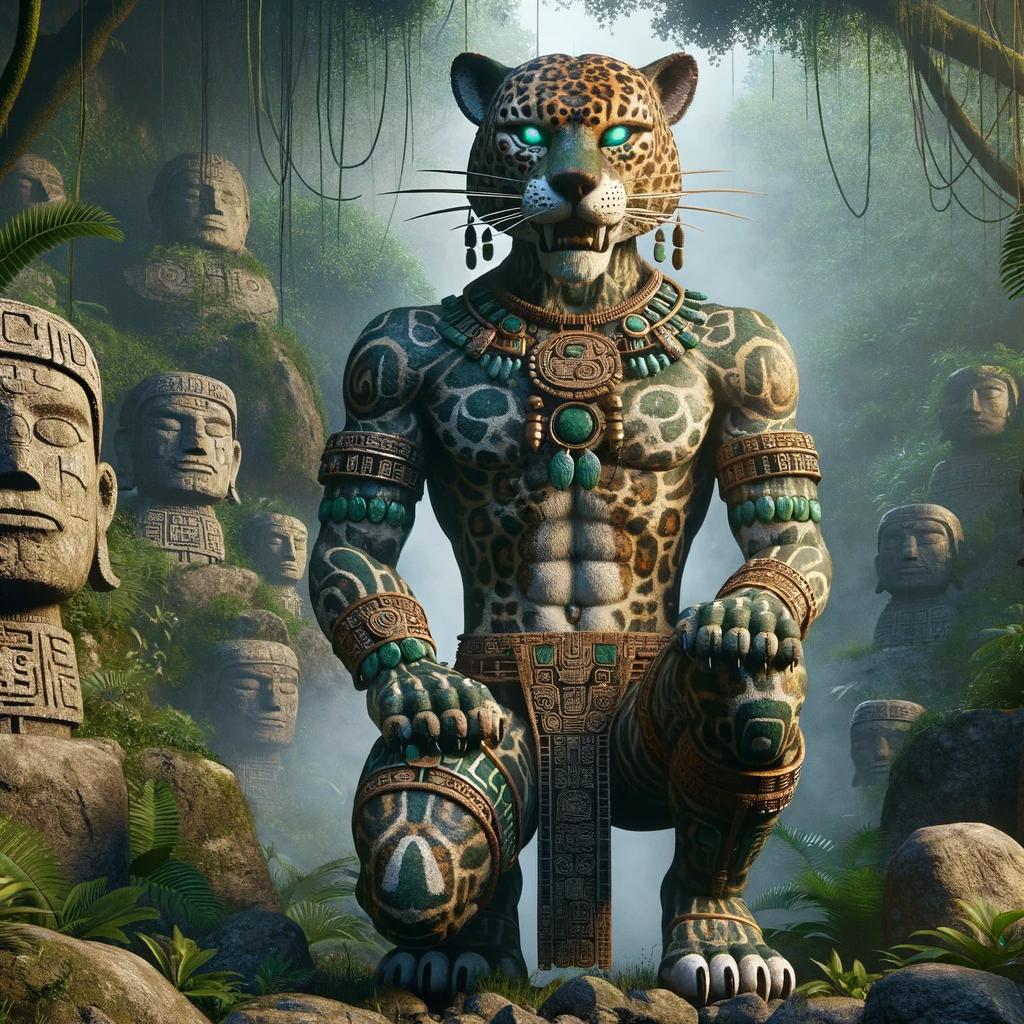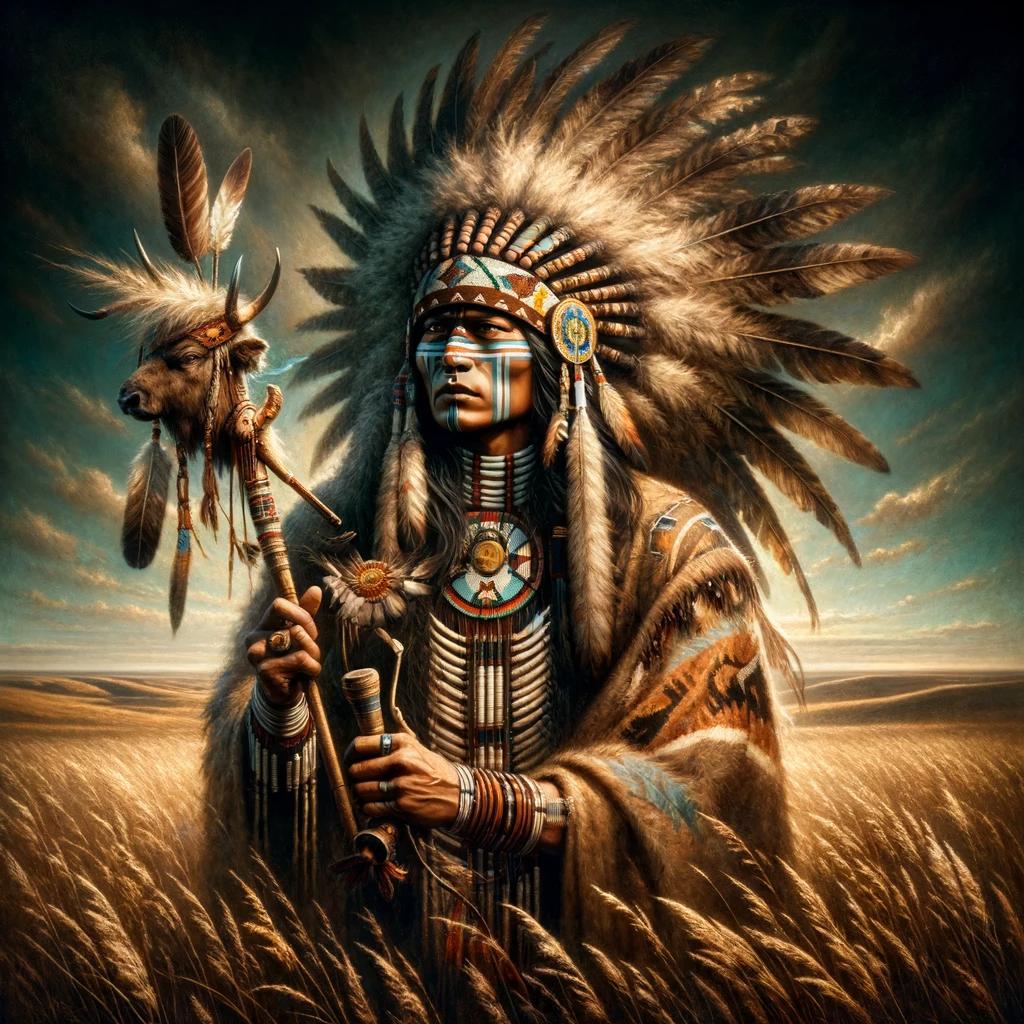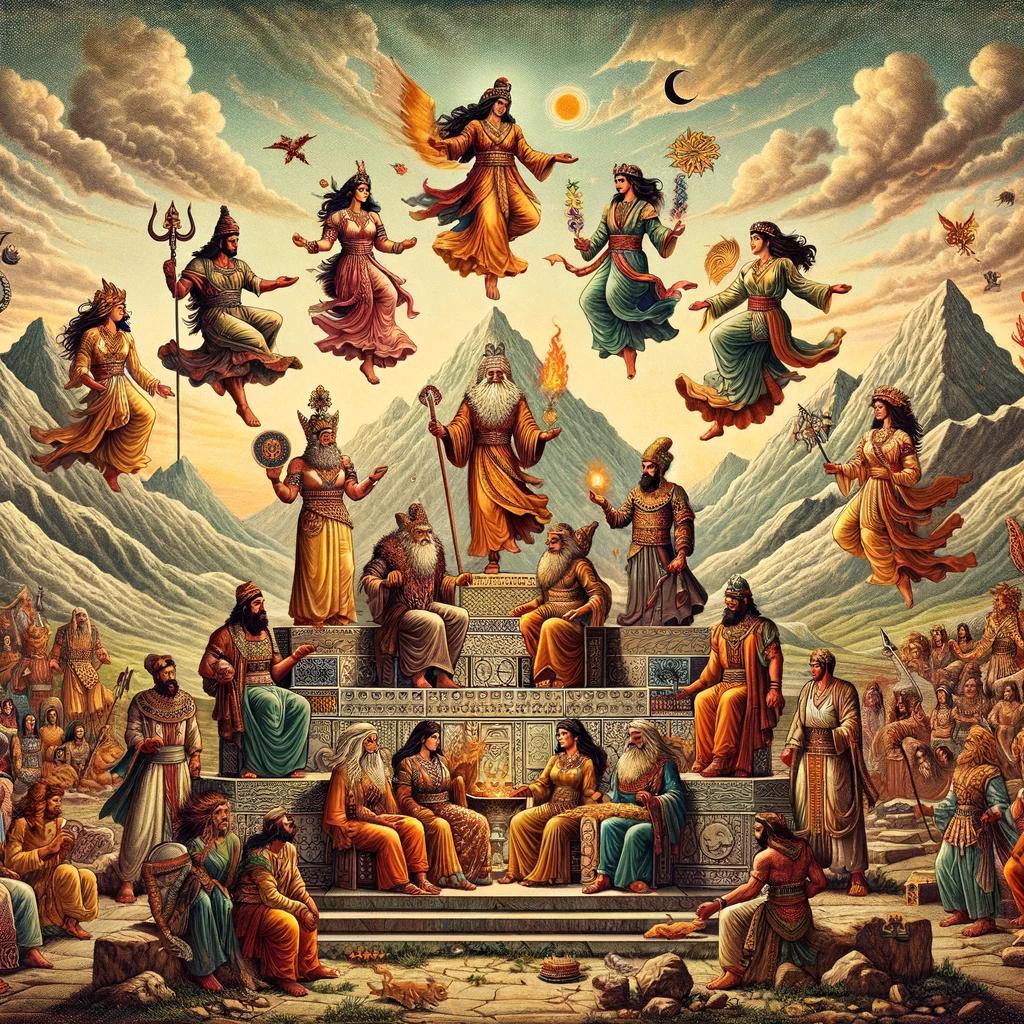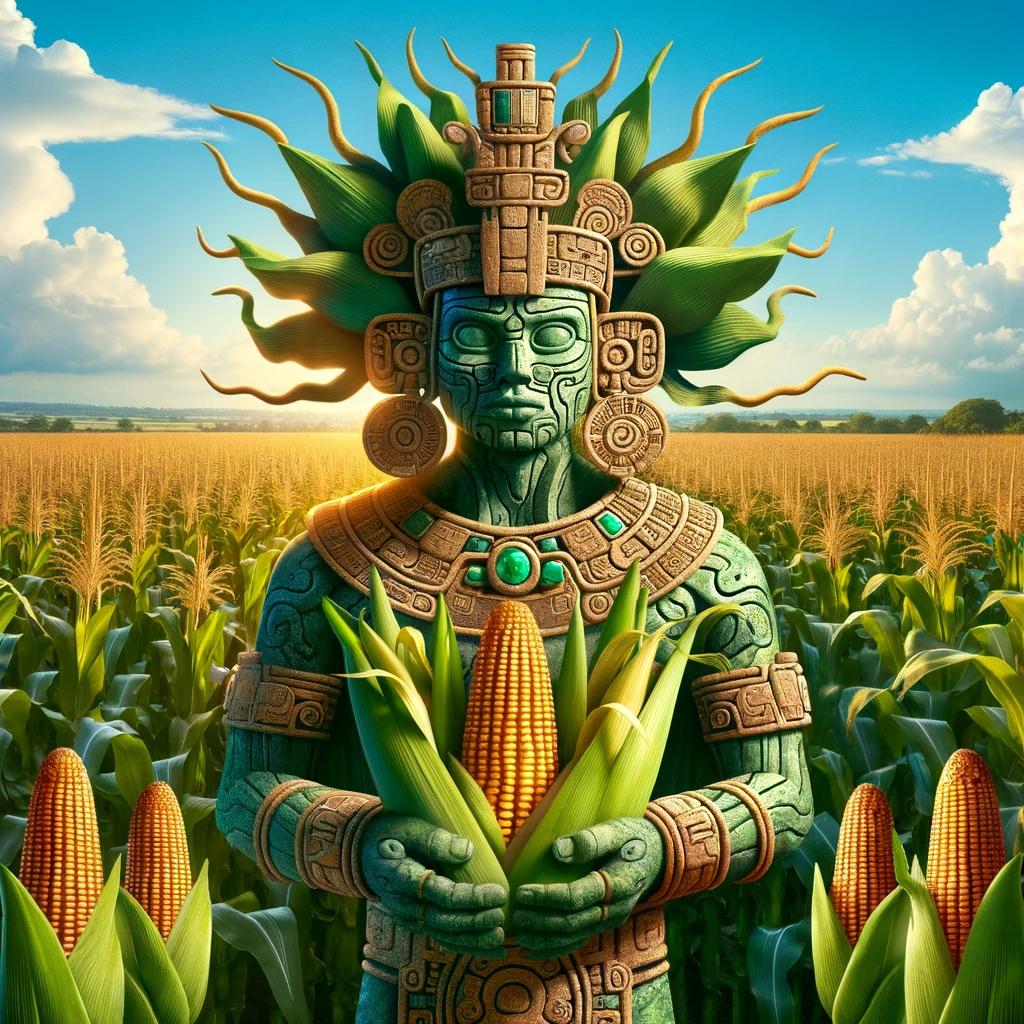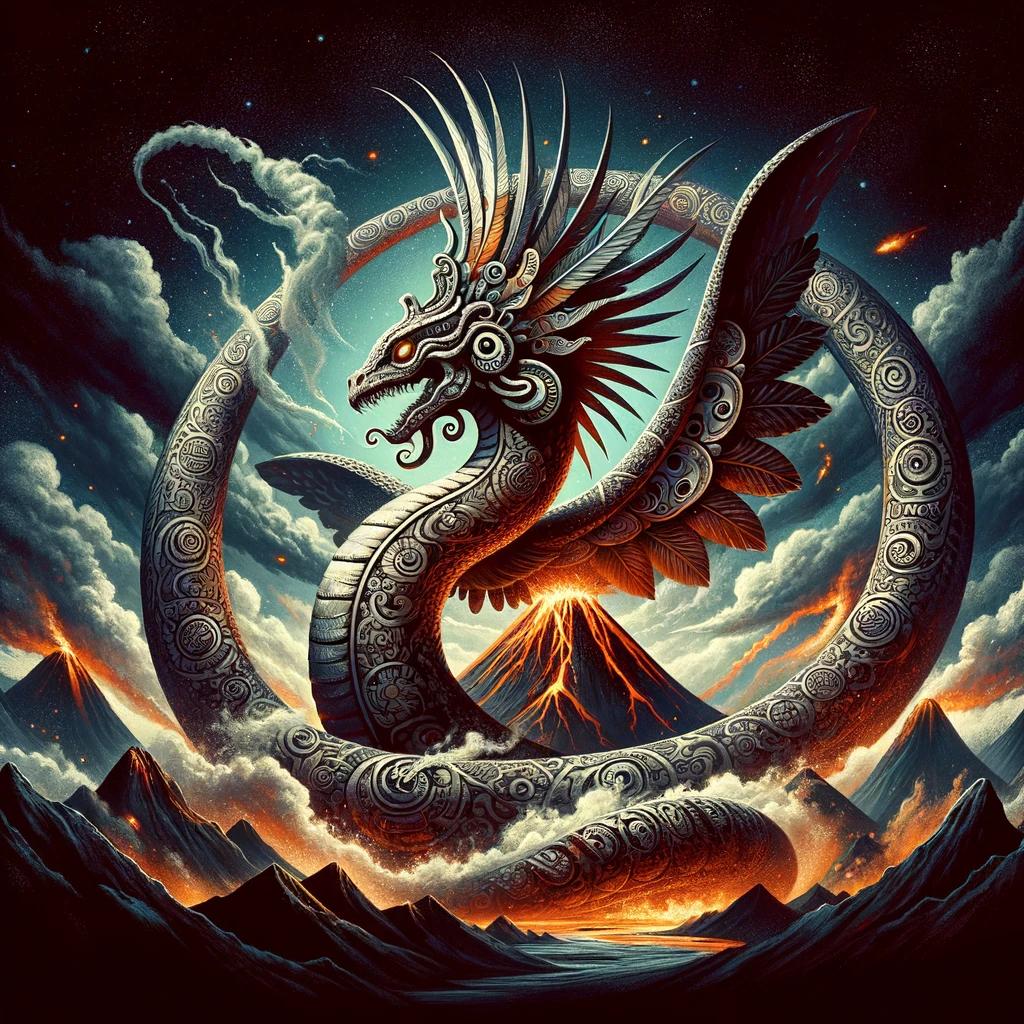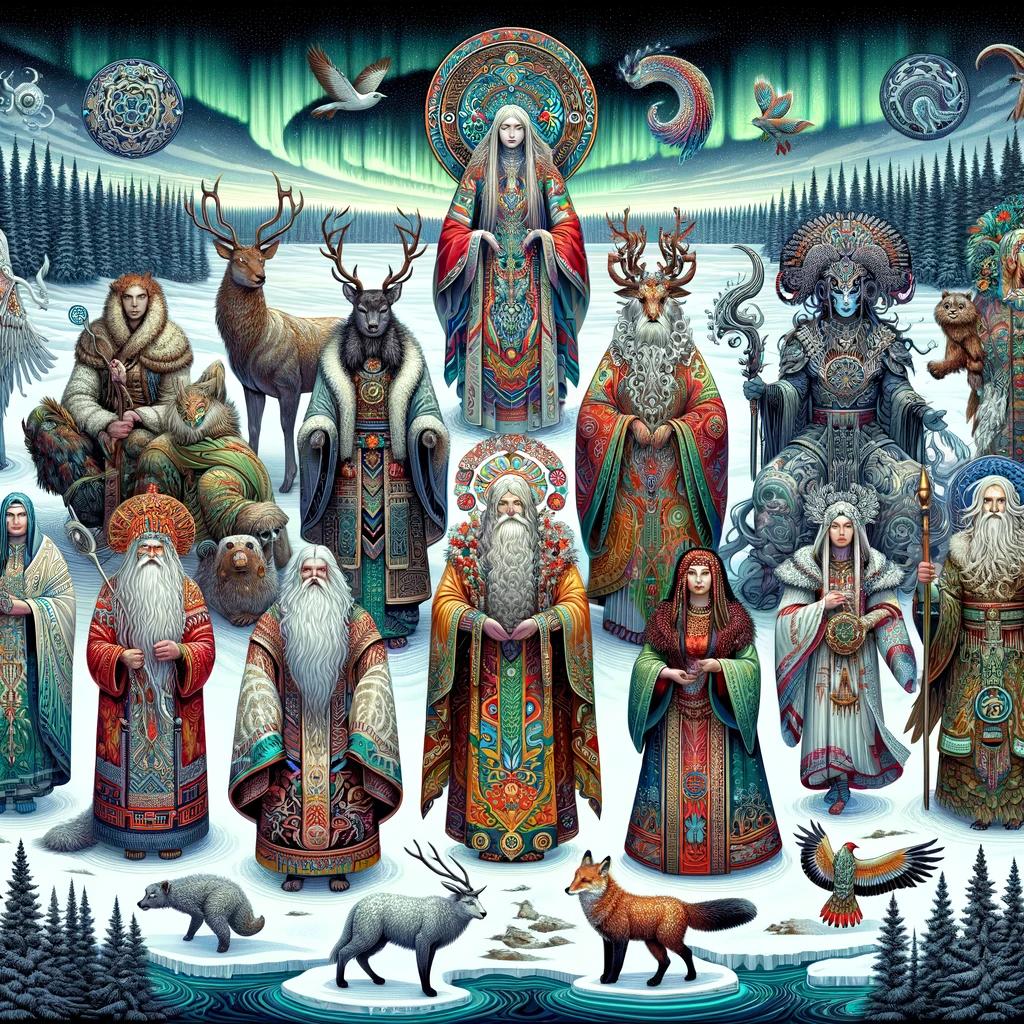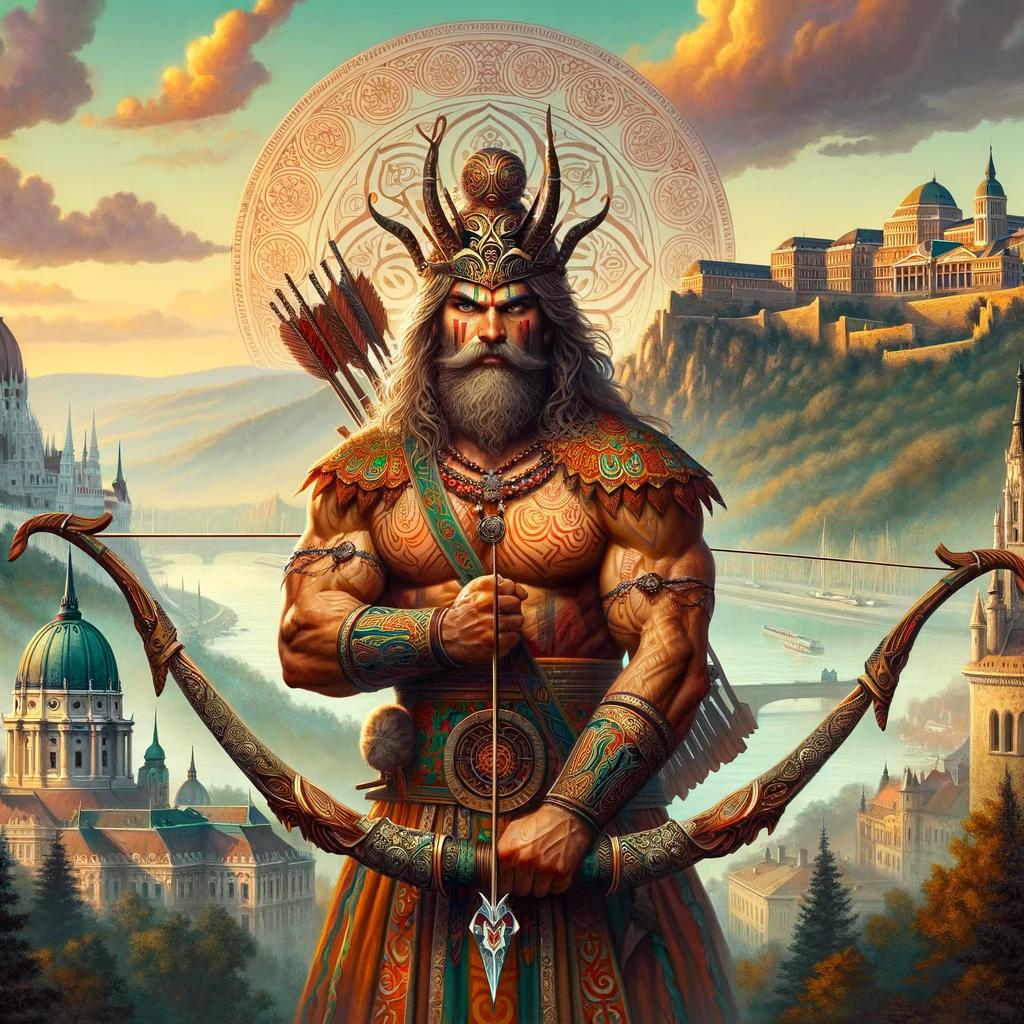Scythian Mythology Gods and Goddesses: Unveiling the Divine Powers of Scythian Folklore
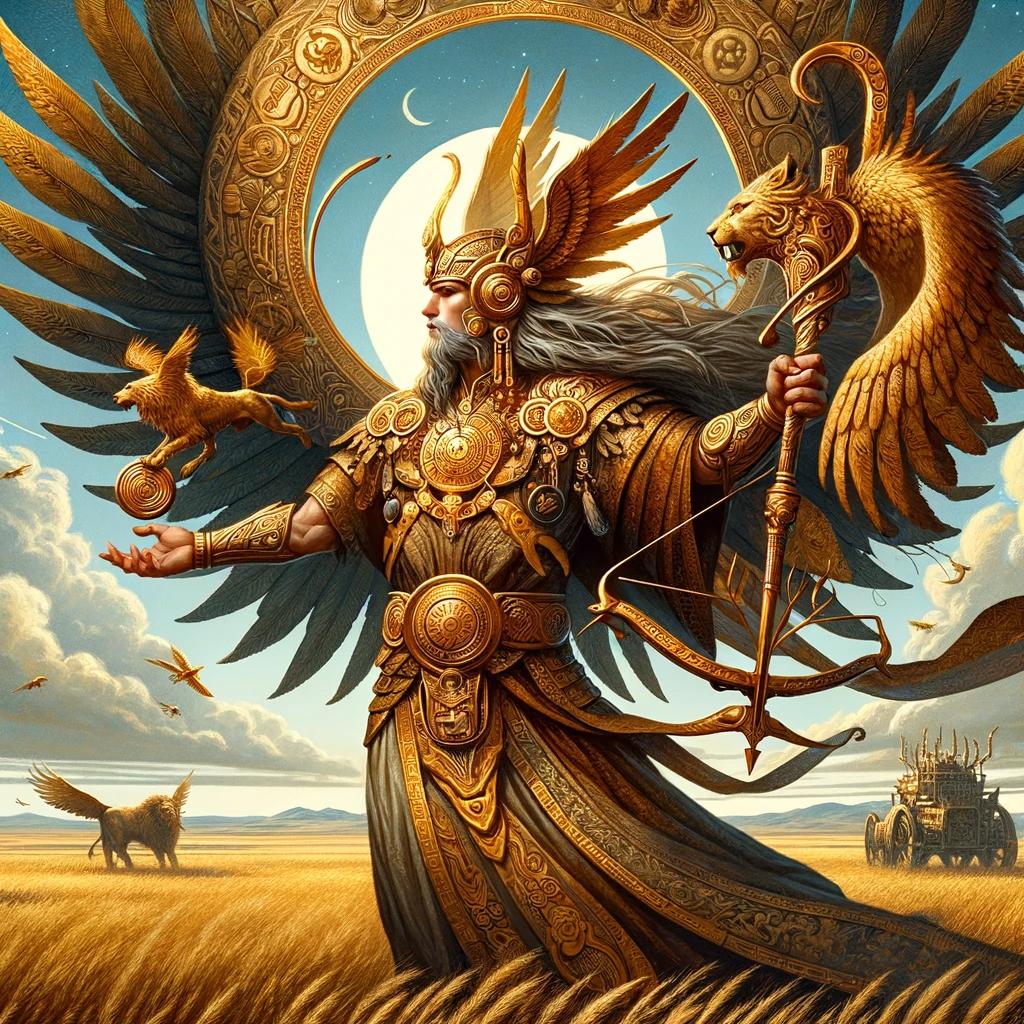
Scythian mythology gods and goddesses are the focus of this article, exploring their significance in ancient Scythian culture. The pantheon includes deities such as the Sky God and the Earth Goddess, each with their unique roles in the celestial and natural realms.
Greek influence on Scythian mythology is also examined, along with comparisons with other Eastern mythologies. Symbols, rituals, and the role of mythology in Scythian society are discussed, shedding light on their social structure and everyday life.
Furthermore, misconceptions surrounding Scythian deities and stories are debunked, unravelling the mysteries of this ancient belief system.
The Pantheon of Scythian Gods and Goddesses
The Scythian mythology is home to a rich pantheon of gods and goddesses, each with their own unique powers and domains. Let us explore some of the most prominent deities in this ancient belief system.
The Sky God: Ruling over the Celestial Realm
The Sky God holds immense significance in Scythian mythology, governing the celestial realm and maintaining balance in the heavens. Associated with the elements of air and sky, this deity is often depicted as a powerful figure, symbolizing vastness and omnipresence.
Worshipped for blessings related to weather, seasons, and celestial phenomena, the Sky God plays a crucial role in the lives of the Scythian people.
The Earth Goddess: Protector of the Natural World
In Scythian mythology, the Earth Goddess assumes the role of guardian and nurturer of the natural world.
Revered for her ability to sustain life and provide fertility, she is often associated with the earth, flora, and fauna. The Earth Goddess is believed to possess healing powers and is often invoked for agricultural prosperity and the well-being of all living beings.
The Fire God: Symbolizing Destruction and Renewal
The Fire God represents the powerful forces of destruction and transformation in Scythian mythology. Associated with fire, this deity embodies the elemental energy that consumes and purifies, clearing the path for new beginnings.
The Fire God is closely linked to rituals and ceremonies involving fire, often invoked during important life transitions and renewal ceremonies.
The Water Goddess: Associated with Rivers and Lakes
In Scythian mythology, the Water Goddess embodies the fluidity and life-giving properties of water. Revered as the deity of rivers and lakes, she is believed to control the ebb and flow of these bodies of water.
The Water Goddess is called upon for blessings related to fertility, abundance, and protection against water-related perils.
The Shamanic Deities: Bridges between Mortals and Spirits
Shamanic deities in Scythian mythology serve as intermediaries between mortals and spirits. These revered figures possess mystical powers and are capable of communicating with the spirit world. They play a vital role in key rituals, healing practices, and divination ceremonies.
Shamans, believed to have a direct connection with these deities, serve as bridges between the human and spiritual realms.
Key Figures in Scythian Mythology
The mythology of the Scythians encompasses numerous gods and goddesses who played integral roles in their belief system. These deities, influenced by various cultures, hold significance and offer insight into the religious practices and worldview of the Scythian people.
The Greek Influence on Scythian Deities
The Scythians had extensive contact with the ancient Greeks, resulting in the adoption and adaptation of certain Greek deities into their own pantheon. Greek gods such as Zeus, Hermes, and Aphrodite found their way into Scythian mythology, often merging with existing Scythian deities or taking on new roles altogether.
Herodotus and the Documentation of Scythian Mythology
Herodotus, the Greek historian, chronicled aspects of Scythian culture, including their myths and religious practices, providing valuable insights into the pantheon of deities worshipped by the Scythians. His works serve as a primary source for understanding and unraveling the complex tapestry of Scythian mythology.
Comparisons with Other Central Asian and Eastern Mythologies
Scythian mythology shares similarities with other mythologies from Central Asia and the broader Eastern region. Connections can be seen in the gods and goddesses associated with celestial elements, nature, and spiritual realms.
Exploring these similarities offers a deeper understanding of the interconnectedness of ancient mythological belief systems.
Symbols and Rituals in Scythian Mythology
In Scythian mythology, symbols and rituals played a fundamental role in expressing the beliefs and practices of this ancient culture. Through exploring sacred sites and artifacts, we gain insight into the symbolic representations that held significant meaning in the Scythian worldview.
Exploring Sacred Sites and Artifacts
Sacred sites were places of worship and connection to the divine for the Scythians. These sites included burial mounds, often adorned with intricate carvings and offerings. These tombs hold artifacts such as jewelry, weapons, and clothing, reflecting the Scythian’s reverence for their gods and goddesses.
By studying these artifacts, we gain valuable insight into the symbols and rituals associated with Scythian mythology.
Interpretation of Scythian Iconography and Images
Scythian iconography is rich in symbolic representations that shed light on their mythological beliefs. The images found on engraved plaques, pottery, and other artistic mediums depict deities, scenes of battle, and celestial beings.
By interpreting these intricately designed symbols, we can unravel the stories and mythological narratives that were essential to the Scythian culture.
Rituals and Ceremonies: Insights into Scythian Worship
Rituals and ceremonies held great significance in Scythian worship. These practices were performed to honor the gods and goddesses, seek their favor, and maintain a harmonious relationship with the divine.
Sacrificial offerings, libations, and prayers were central components of these rituals. By examining descriptions and accounts of these ceremonies, we gain a deeper understanding of the Scythian’s spiritual customs and the integral role that mythology played in their daily lives.
The Role of Scythian Mythology in Society
The role of Scythian mythology in society was deeply intertwined with the social structure and religious practices of the ancient Scythians. It shaped their worldview, influenced their moral codes, and served as a unifying force within their communities.
Social Structure and Religious Practices
The Scythian society was hierarchical, with a ruling elite at the top and commoners comprising the majority. At the center of their society, religious figures held significant influence and were highly revered.
They played crucial roles as intermediaries between the mortal world and the divine realm. These religious leaders, known as shamans, demonstrated exceptional spiritual abilities and carried out rituals to communicate with the gods.
The Scythians believed in the power of their deities to shape their destinies and sought divine guidance through divination practices. They held sacred ceremonies and worshiped their gods through offerings, votive objects, and sacrifices.
These rituals fostered social cohesion, maintained order, and reinforced cultural identity.
The Influence of Scythian Mythology on Everyday Life
Scythian mythology permeated every aspect of daily life, from birth to death and beyond. It provided a framework for understanding the natural world and the cyclical nature of life, death, and rebirth.
Many agricultural practices were guided by the belief in specific deities associated with fertility, ensuring bountiful harvests and the well-being of their herds.
In addition, Scythian mythology influenced social customs, including rites of passage such as coming-of-age ceremonies and marriage rituals.
It provided narratives and symbols that shaped their artistic expressions in jewelry, pottery, and other forms of craftsmanship.
Legacy and Impact of Scythian Mythology in the Modern World
Though the Scythians and their mythology have long vanished from the historical stage, their legacy continues to impact the modern world. The archaeological remnants of their society offer glimpses into their mythological beliefs, shedding light on their spiritual practices and cultural traditions.
Scythian mythology has also left an indelible mark on literature, art, and popular culture. The timeless themes found in their myths, such as the struggle between divine forces and the human condition, resonate with contemporary audiences.
It serves as a source of inspiration and exploration of human nature, spirituality, and the mysteries of the ancient world.
In conclusion, the role of Scythian mythology in society was multi-faceted, shaping social structures, daily life, and leaving a lasting impact on modern culture.
Its gods and goddesses provided guidance, meaning, and a sense of connection to the divine for the ancient Scythians.
Unraveling the Mysteries: Debunking Myths and Misconceptions
In this section, we delve into the fascinating world of Scythian mythology, separating fact from fiction and debunking common misconceptions surrounding their deities and stories. By critically analyzing historical records and archaeological findings, we aim to shed light on the true nature of Scythian beliefs and practices.
Separating Fact from Fiction in Scythian Mythology
One prevalent misconception about Scythian mythology is that it is a mere mirror of Greek or other neighboring mythologies, with no originality of its own. However, extensive research shows that while there were indeed interactions and influences from Greek culture, Scythian mythology developed distinct characteristics and deities that reflect their unique worldview and spiritual beliefs.
Another common myth is the oversimplification of Scythian deities, portraying them as one-dimensional figures without depth or complexity. In reality, Scythian mythology is rich with intricate narratives and multi-faceted gods and goddesses.
Each deity has their own sphere of influence, sacred symbols, and relationships with other divine beings, adding layers of complexity to the pantheon.
Additionally, there is a misconception that Scythian myths lack moral lessons or ethical values. Contrary to this belief, Scythian mythology is replete with stories that embody important teachings and values, emphasizing concepts like bravery, loyalty, and respect for nature.
These myths served as a guide for the Scythian people, imparting wisdom and providing a moral compass for their daily lives.
Common Misinterpretations of Scythian Deities and Stories
One misinterpretation often encountered is the association of Scythian deities solely with their Greek counterparts, leading to oversimplified comparisons and misunderstandings of their true identities. While some parallels can be drawn, it is crucial to approach the study of Scythian deities with an open mind and recognize their unique attributes and roles within their own mythological framework.
Another misinterpretation revolves around the assumption that all Scythian myths have a universal interpretation. However, cultural context and regional variations must be taken into account to fully understand the deeper meanings and nuances of these myths.
Each tribe within the Scythian culture may have had its own interpretations and adaptations, resulting in diverse narratives that require careful analysis to unveil their true essence.
Lastly, there is a tendency to oversimplify Scythian myths as mere whimsical tales or folklore, dismissing their profound significance in shaping the religious, social, and cultural fabric of the Scythian society.
These myths were not just entertainment; they played a pivotal role in connecting the mortal realm with the divine, providing a framework for understanding the world and humanity’s place within it.
- The true nature of Scythian mythology as an independent belief system
- The complexity and depth of Scythian deities
- The moral teachings and values inherent in Scythian myths
- Recognizing the unique attributes and roles of Scythian deities
- The significance of cultural context in the interpretation of Scythian myths
- The importance of Scythian myths in shaping the society and worldview
.











